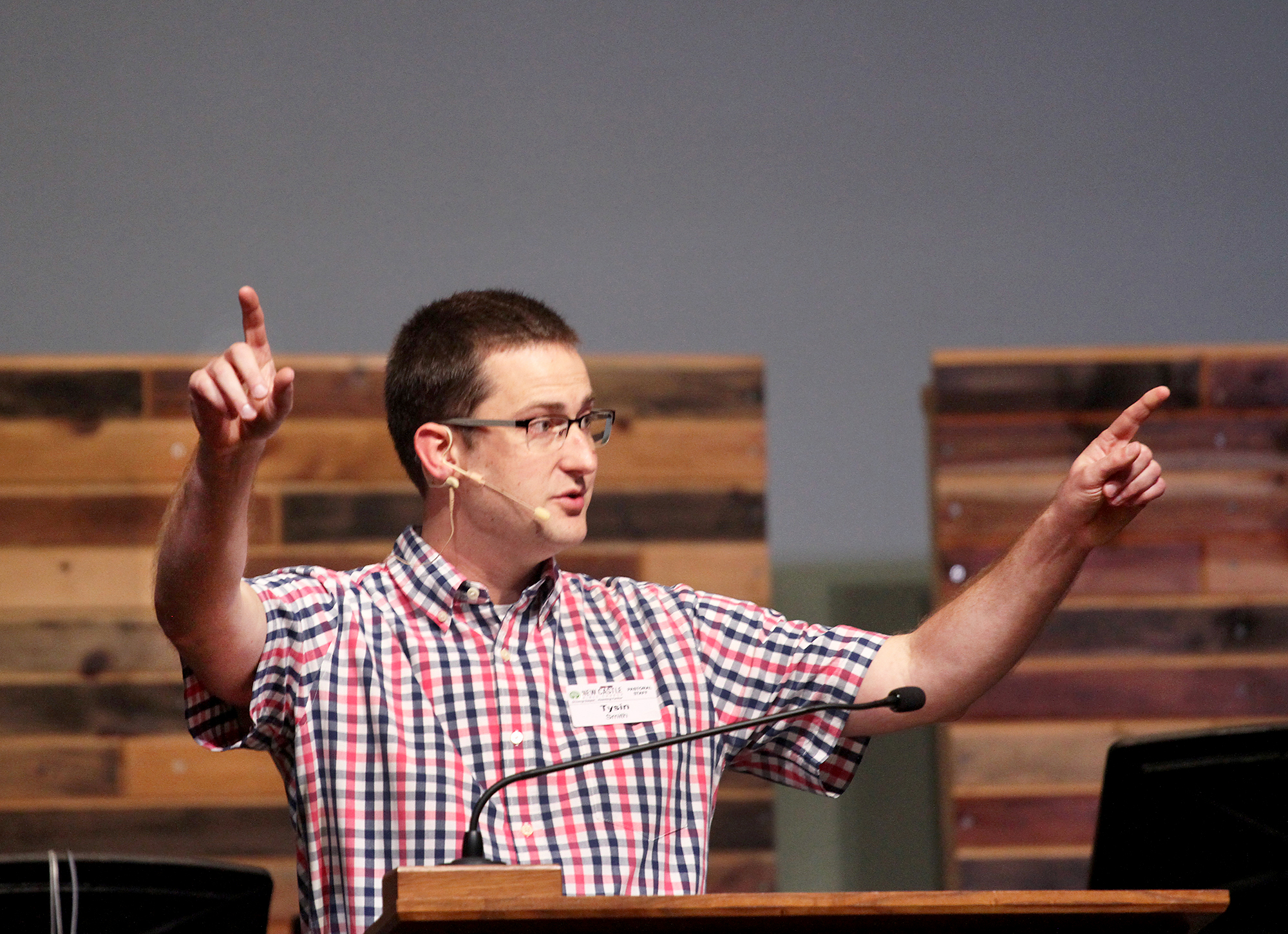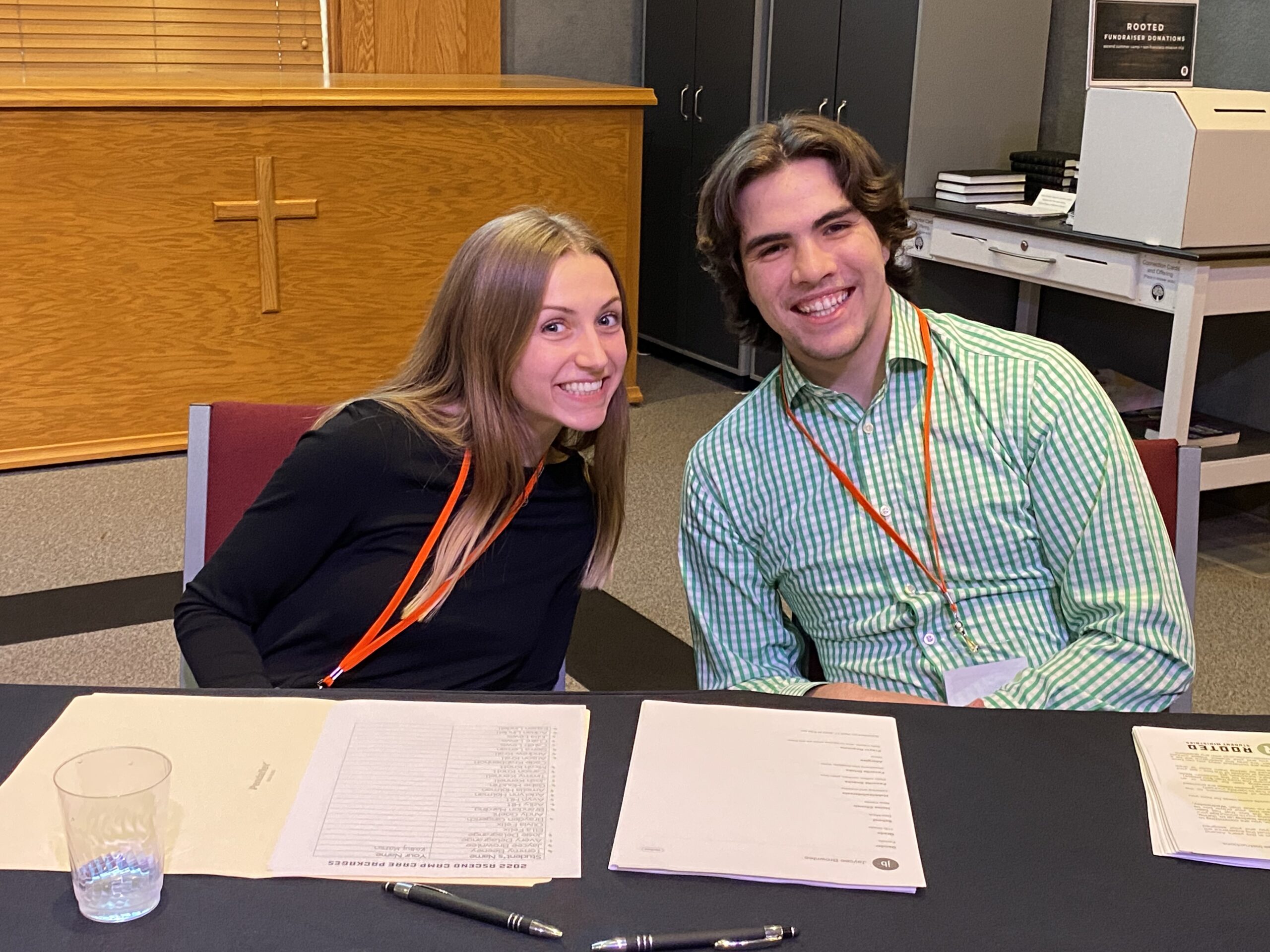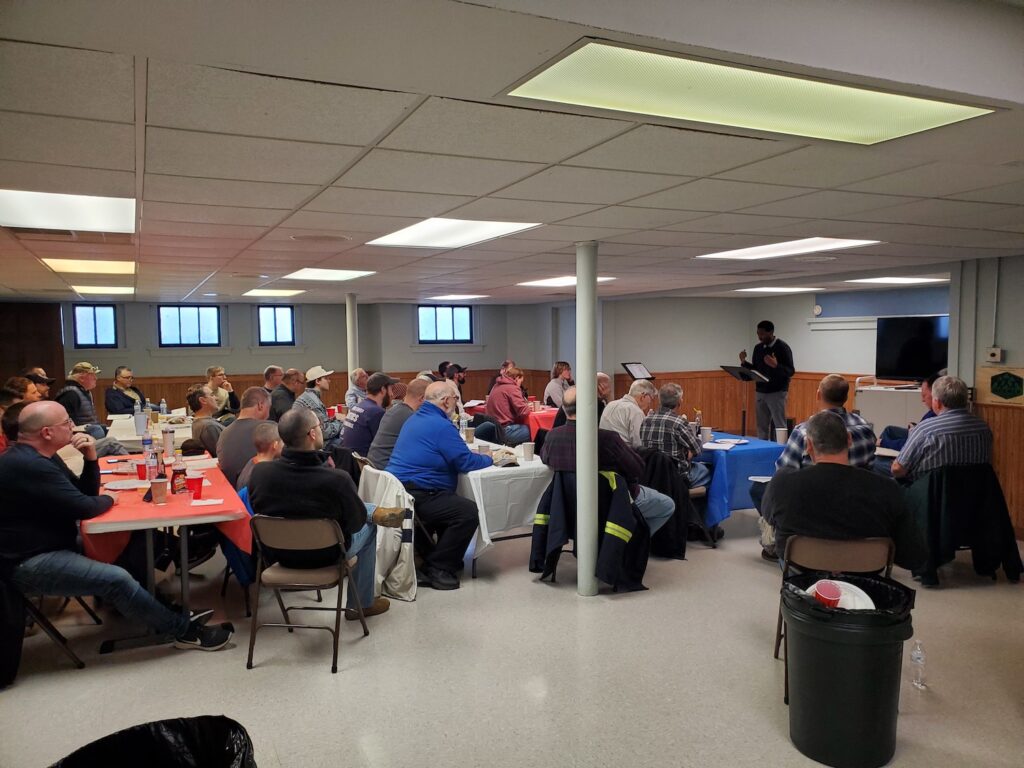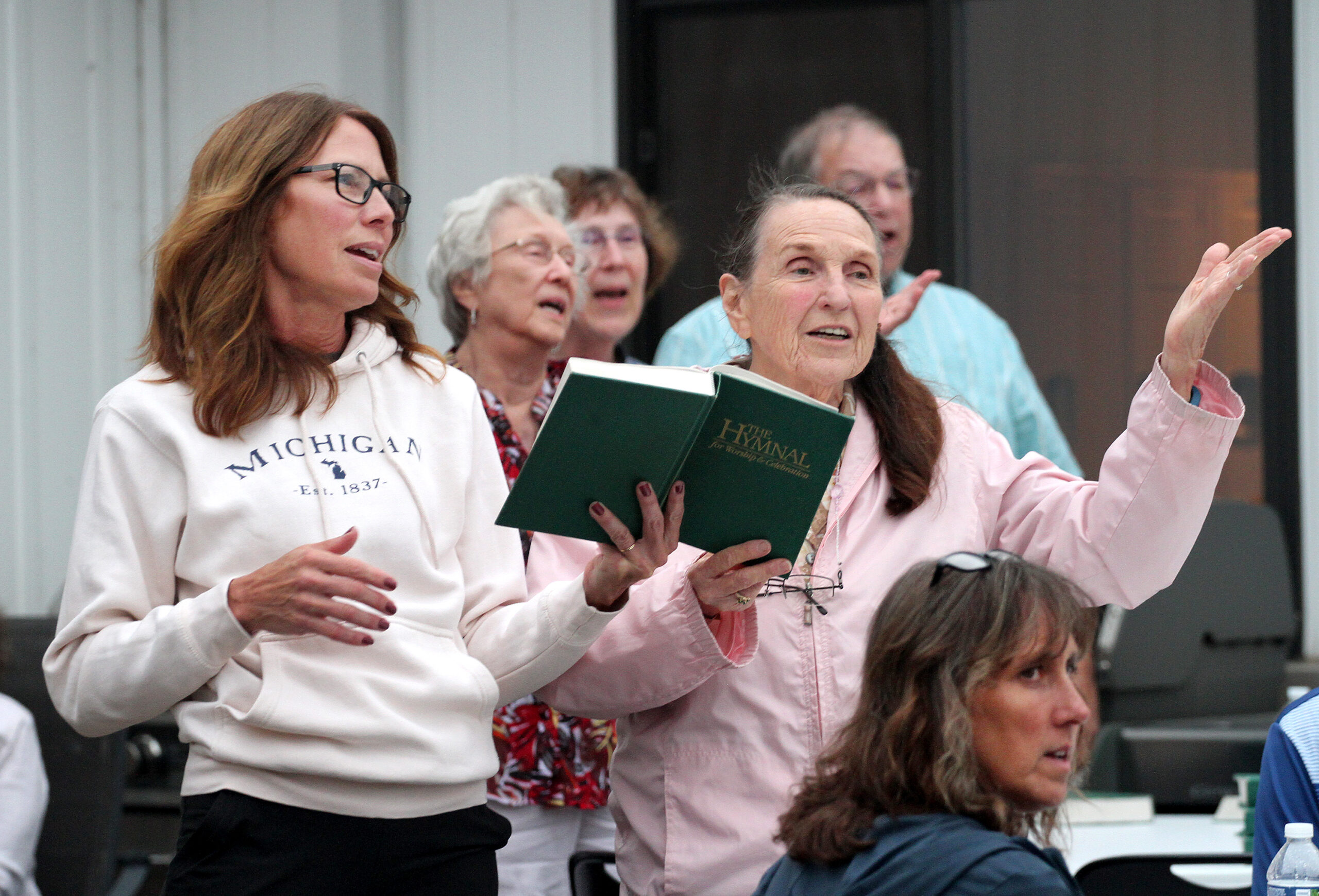MISSION
New Castle Bible Church exists to glorify God by growing deeper and reaching farther.
New Castle Bible Church exists...
We are here by God's sovereign work of grace. We are a gathering of blood-bought, Spirit-filled worshipers who have received God's mercy and have thereby become God's own possession (1 Peter 2:9-10).


...for the glory of God
All that we are, and all that we do, aims to help the holiness of God go public. Magnifying the worth and fame of God is the supreme and eternal purpose of our lives and ministry together (Ephesians 3:21).
...by growing deeper
God's all-sufficient Gospel, as revealed in the Holy Scriptures, is the truth which grows us into the greater Christ-like maturity of humble dependence and doctrinal soundness (John 17:17).


...and reaching farther
God's all-sufficient Gospel, as revealed in the Holy Scriptures, is the message we proclaim to all people through our pursuit of Christ-like relational wholeness and missional faithfulness (2 Corinthians 5:11-21).
VALUES
Our values summarize the key distinctives and guiding principles for our mission to glorify God by growing deeper and reaching farther.
Heart of Faith - Humble Dependence.
Without faith it is impossible to please God...(Hebrews 11:6)
- Supernatural - We do not rely on ourselves, but on God's Spirit for our life and ministry (Galatians 5:16-6:2)
- Prayer - The Christ-like heart of humble dependence is most clearly demonstrated through an unceasing lifestyle of thankful prayer (1 Thessalonians 5:16-22)


Head of Truth - Doctrinal Soundness
Sanctify them in the truth; Your word is truth....(John 17:17)
- Authority - We believe the Bible is our final and all-sufficient authority for our life and godliness (2 Timothy 3:16-17)
- Growth - The Christ-like head of doctrinal soundness is grown through love of, submission to, and faith in God's Word (Ephesians 4:11-16)
Home of Love - Relational Wholeness
Above all, keep loving one another earnestly...(1 Peter 4:8)
- Diversity - We welcome and seek to disciple people of all ages, cultures, and backgrounds in our worship of Christ together (Romans 15:1-7)
- Unity - The Christ-like home of relational wholeness requires each member to pursue a lifestyle of oneness in humility and peace (Ephesians 4:1-6)


Hands of Witness - Missional Faithfulness
And you will be my witness..to the end of the earth...(Acts 1:8)
- Evangelism - We engage in effective disciple-making efforts locally and throughout the world (Matthew 28:18-20)
- Stewardship - The Christ-like hands of missional faithfulness joyfully gives away our time, talents and treasures for God's greater praise among all people (Matthew 6:21)
Beliefs
Doctrinal Statements
The glory of God requires that God's people grow in doctrinal soundness (2 Peter 3:18). However, since not all biblical doctrines are of equal importance, we have organized our doctrinal statements into two complementary documents.
Contact Us
Please feel free to contact us if you have more questions.

